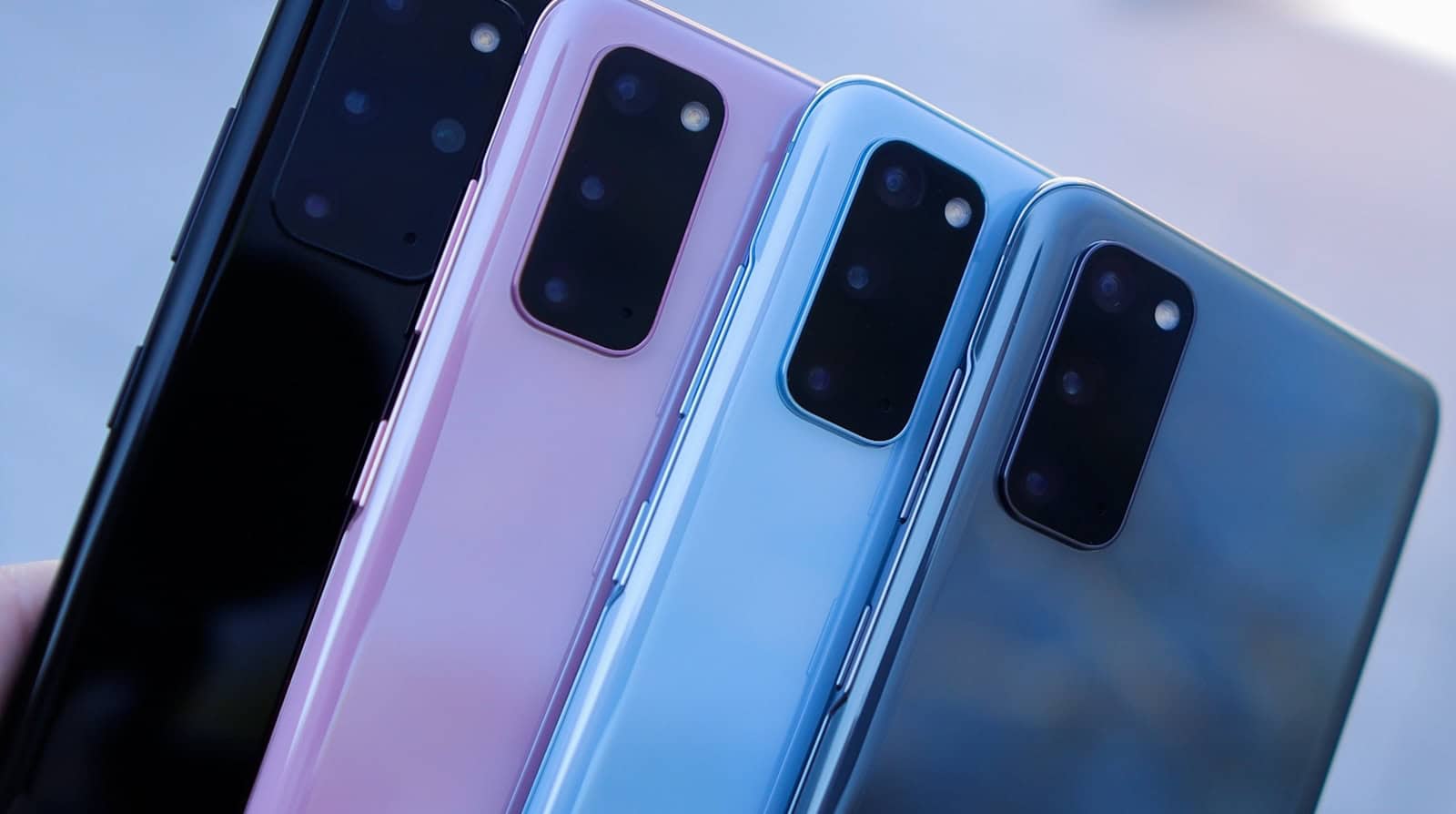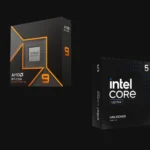Samsung has a long history in the smartphone world, offering a wide range of models to suit different needs and budgets. And they have carved out a significant market share for their company while going toe to toe with other smartphone giants like Apple and Google. Samsung’s smartphones are known for integrating cutting-edge technology and offering a wide range of features that cater to various user preferences. Their Galaxy series, for example, is praised for strong performance, high-quality displays, and versatile camera systems.
Choosing a smartphone often boils down to weighing the pros against the cons, and Samsung phones are no exception. The pros, including their innovation in hardware such as displays and cameras, must be considered alongside the potential drawbacks. For some users, the latter may include the interface of Samsung’s Android skin or the price point of their flagship models, which can be higher than some competitors.
Samsung Smartphone Experience
Here’s a look at some of the pros and cons that come with choosing a Samsung smartphone.

What Makes Samsung Phones Shine
- Gorgeous Displays: Samsung is known for its stunning screens, often with vibrant colors and high resolutions. Whether you’re watching videos, playing games, or simply browsing, the display is a treat for the eyes.
- Feature-Packed Cameras: Samsung phones typically come with versatile camera systems that can capture impressive photos and videos in various conditions. Many models offer multiple lenses for different shooting styles, like wide-angle or telephoto.
- Powerful Performance: From everyday tasks to demanding apps, Samsung phones generally offer smooth and responsive performance thanks to their powerful processors and ample RAM.
- Wide Range of Choices: Samsung offers a wide variety of smartphone models, from budget-friendly options to high-end flagships. This makes it easier to find a phone that fits your specific needs and budget.
- Samsung Ecosystem: If you own other Samsung devices like smartwatches or tablets, you can enjoy a seamless experience with features like Samsung Pay and SmartThings integration.
Areas for Improvement
- Software Updates: Samsung has been criticized for its slower software update cycle compared to some competitors like Google Pixel phones. This means you might not always get the latest Android features or security patches as quickly as you’d like.
- Bloatware: Some Samsung phones come with pre-installed apps that you might not need or want. These apps can take up storage space and sometimes affect performance.
- Price: High-end Samsung phones can be quite expensive, putting them out of reach for some buyers. While there are more affordable options available, they may not offer the same premium features as the flagship models.
- Battery Life: While battery life varies depending on the model and usage, some Samsung phones have been known to have shorter battery life than competing devices.
Samsung Smartphone Pros and Cons at a Glance
| Pros | Cons |
|---|---|
| Stunning displays | Slower software updates |
| Feature-packed cameras | Bloatware |
| Powerful performance | Price (high-end models) |
| Wide range of choices | Battery life (varies) |
| Samsung ecosystem integration |
Key Takeaways
- Samsung smartphones are recognized for their advanced technology and features.
- The Galaxy series stands out for performance and display quality.
- Users must weigh the benefits against Samsung’s pricing and interface preferences.
Assessment of Samsung Smartphones
Samsung smartphones bring a variety of features to the table including high-quality displays, powerful hardware, and a range of cameras for different photo opportunities. They strike a balance between price and performance, offering options for different users.
Design and Display
Samsung Galaxy smartphones often showcase a sleek design, featuring Gorilla Glass Victus 2 for durability. Display quality is a strong point for these devices, with bright OLED displays that make colors pop and improve visibility in different lighting conditions. The bezels are thin, providing a more immersive experience. For example, the Galaxy S21 has a flat 6.2-inch screen, which is ideal for those preferring a compact flagship.
Performance and Hardware
Performance-wise, Samsung’s devices either use Snapdragon or Exynos chips, which influence speed and efficiency. The latest flagships might boast a Snapdragon 8 Gen 2 processor paired with fast UFS 4.0 storage. This high-performance combination ensures the phone operates smoothly. Base models start with 128GB of storage, which gives users plenty of space for apps and media.
Camera System
Samsung’s flagship smartphones like the Galaxy S21 have a versatile camera system. This includes a main camera for everyday shots, a telephoto lens for zoomed images, and a wide-angle camera for larger scenes. The S21 Ultra pushes boundaries with its optical zoom, capturing distant subjects with clarity. Camera hardware and software work together to produce professional-quality photos.

Software and Ecosystem
The software on Samsung phones runs on Android with their custom One UI layer on top. It’s designed to be user-friendly and is regularly updated. These updates keep the phones secure and add new features over time, keeping them feeling fresh.
Pricing and Variants
When examining price, Samsung offers a range that appeals to both budget-conscious users and those seeking a premium experience. They frequently provide deals, making even their latest models like the Galaxy S23 attainable for many. The base model usually has a competitive price, with higher costs attached to versions with more storage or advanced features.
Market Comparison
Samsung goes head-to-head with many other smartphone manufacturers. Compared to rivals like the iPhone 14 Pro or Google Pixel 7, Samsung holds its own with expert reviews praising its screen brightness and design, among other attributes. They offer a competitive edge in the Android flagship market, often comparable to or slightly ahead of their peers in various aspects like the camera system or display technology.







